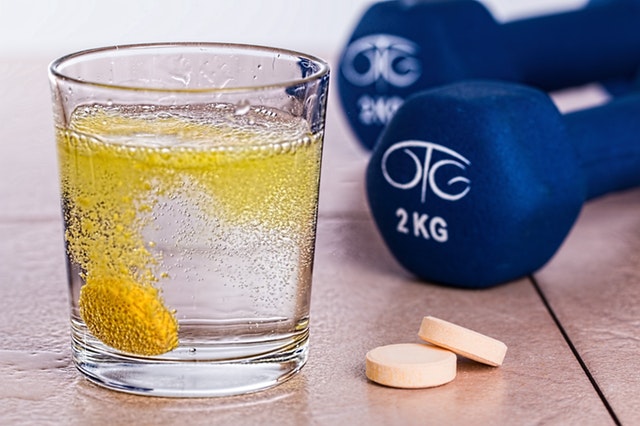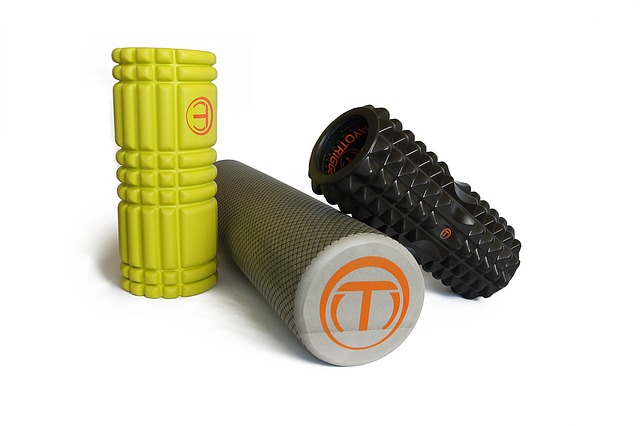The moment you stop working out, the opportunity for your muscles to grow begins. During your gym sessions, your muscles suffer micro tears, and your body starts repairing them immediately after. However, your body needs your help, so you should follow the right recovery protocol.
By exercising beyond your endurance levels and by failing to include proper nutrition after the workout session, you can experience muscle fatigue. It leaves you with aching muscles, unable to do anything but crash in your bed. To maximize your recovery and get the most out of each workout, you should prioritize post-workout recovery. Here is what you can do to stay on top of your gym game.
1. Always stretch
It seems that stretching is still an underrated element in the muscle growth process. One can hardly reach the desired muscle gain without muscle flexibility and pliability. For example, if your ankles are too tight, you can’t go deep enough in a squat. Find the time to stretch and cool down, for at least about 20 minutes after each workout. It’s one of the best ways to relieve muscular tension and downplay the up-and-coming soreness.
2. Foam rolling
Foam rolling can do far more than basic stretching in coping with the post-workout soreness. The rolling of the tissue and compression stimulate the healing processes and blood circulation to help improve your muscle pliability. Thanks to its immediate impact it can have on one’s overall health and performance, foam rolling has been gaining in popularity among elite athletes. Look at these foam roller moves and start active recovering from your hard workouts.
3. Post-workout protein
By drinking a post-workout protein shake, you’ll feed your muscles with the much-needed nutrients that will boost your muscle growth. After each workout, it is best to consume about 20-50g of protein, depending on your body weight. Whey protein is among the most popular protein supplement choices because it has a fast absorption rate and it’s easy to mix. By combining it with a post-workout drink rich in carbohydrates, you’ll provide your body with fast-acting carbs that bump up insulin levels, replenish glycogen levels, restore energy, and help the restoration of muscle proteins.
4. Quality sleep
Getting enough sleep is probably one of the most important prerequisites for recovering after an exhausting workout, but people still fail to have at least 7 hours of sleep each night. Daily obligations pile up and work can’t wait. Besides impairing your physical health, sacrificing sleep hours can make you mentally weaker as well, which affects your motivation during workout sessions. The minimum amount of sleep time is 7 hours, so try and find a way to organize your daily schedule in such a way that it allows you to go to bed earlier.
5. Cannabis
In the distance-running community, combining sport and cannabis has become an underground habit. Many runners are promoting the link between cannabis and healthy living, with many runners admitting to running under the influence of marijuana. Besides runners, other athletes are experimenting with weed as well. Bodybuilders use it to sleep better and prevent muscle soreness, to forget previous traumatic experiences (injuries or falls), to aid pain relief, and reduce muscle spasms. When it comes to medical use of marijuana, the matter is still controversial to a certain extent. Many countries have decriminalized the use of marijuana and started destigmatizing the plant’s bad reputation. So, if you find yourself in a U.S. state where it’s legal, there are respectable medical marijuana dispensaries that you can visit to get your marijuana strains for post-workout recovery. As for the dosage, it depends whether you want to use extract cannabis oil, smoke it, or use other extractions.
Editors note: If you’re looking for a non-psychoactive, yet beneficial cannabis, try cannabidiol (CBD). It is derived from hemp plants that are high in CBD and low in THC, but still provide amazing benefits. The team at Ripped Science recommends CBDPure.
6. Epsom salt bath
Taking a hot Epsom salt bath is a great way to loosen your muscles after a tough workout. The magnesium from Epsom salt gets absorbed through the skin, improving your muscle function and reducing soreness. Blood flow is also speeded up due to heat of water, helping you sleep soundly. Pour ¾ of a cup of Epsom salt in a tub, swirl it to make sure it’s dissolved properly, and soak yourself in.
In the end, a post-workout recovery doesn’t mean you should lie around all day and do nothing. To make your recovery an active one, you can go for a walk, throw a Frisbee in the park, go for a bike ride, or do some light mobility exercises. This will stimulate your blood flow, improve circulation to the muscles, and relieve muscle soreness. So, pay close attention to your post-recovery to maximize your workout efforts and muscle growth potential.
___________________________________________________________________________
Luke is a fitness and health blogger at Ripped-Science.com and Ripped.me and a great fan of the gym and a healthy diet. He follows the trends in fitness, gym and healthy life and loves to share his knowledge through useful and informative articles. https://twitter.com/mrlukeidouglas



